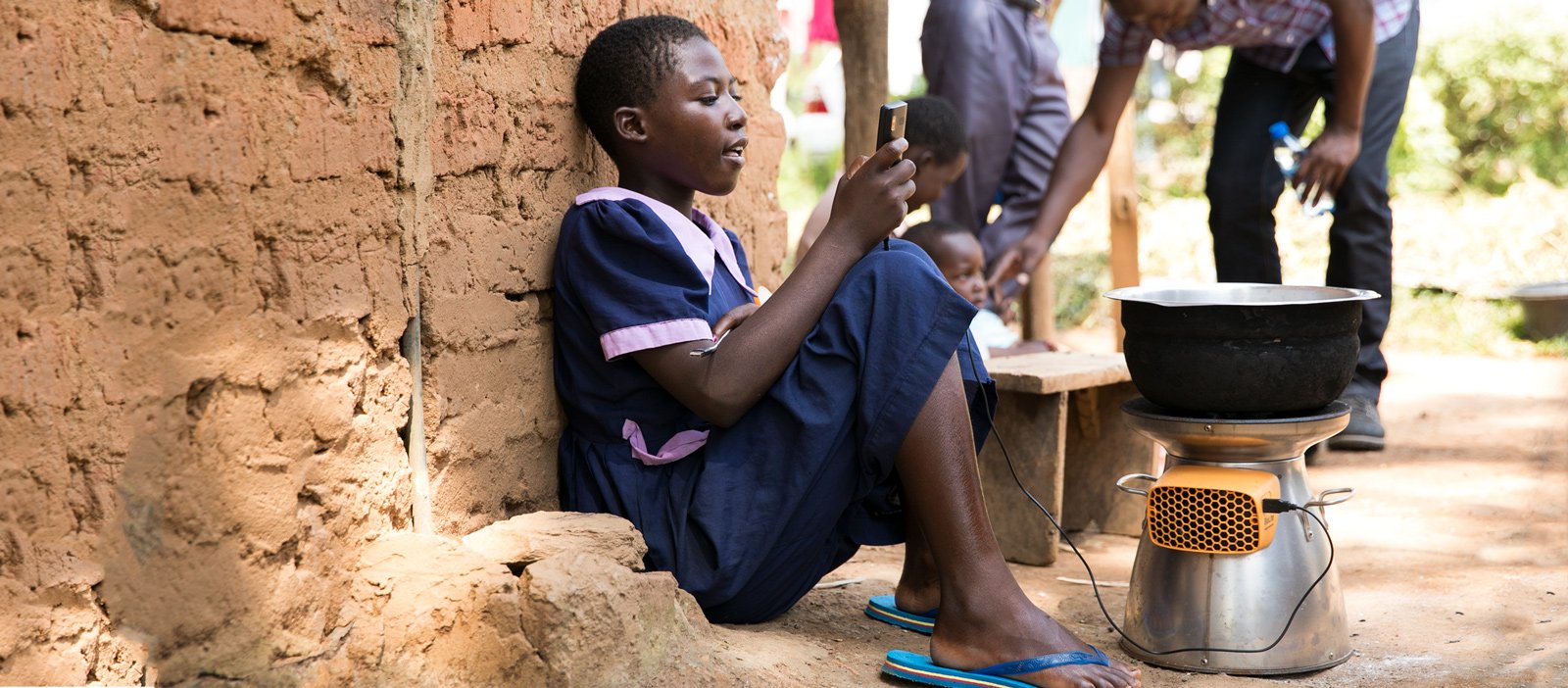ImpactAlpha, August 27 – FINCA International, the D.C.-based microfinance organization, launched 34 years ago to improve access to financing for more than two billion adults who lack access to traditional financial services. For FINCA, financial inclusion has been a critical piece of the poverty alleviation puzzle. The firm has developed a network in 20 emerging markets and impacted 70.5 million people through its microlending work.
FINCA International’s new venture funding initiative, FINCA Ventures, signifies an expansion of its mission to curb global poverty. The effort is aimed at closing critical funding and strategy gaps for young companies serving customers at the base of the economic pyramid. The organization is looking to make equity investments of $100,000 to $500,000 in social enterprises working at the cross-section of access to finance and access to basic services, like energy, sanitation, and education.
“Access to finance is necessary but not sufficient to alleviate poverty. To move the needle on addressing poverty, people need access to other things—essential products and basic services,” FINCA Ventures’ Ami Dalal told ImpactAlpha. “For us, this is not so much a strategy shift as a strategy expansion.”
FINCA’s foray into venture investing represents recognition of how overall global development attitudes have changed as well. “We couldn’t have done this 20 years ago,” Dalal says. “There wasn’t the same level of entrepreneurial thinking about energy or education solutions, for example. There wasn’t this dynamism in market-based solutions. Today there is.”
Geographically, FINCA’s venture investing program will focus on Africa. The six companies FINCA Ventures has backed to-date include:
- Amped Innovation, which designs solar home systems and DC-powered appliances for productive use;
- BioLite, a manufacturer of clean cookstoves and home energy systems for off-grid households;
- Eneza Education, which creates educational content that can be distributed via smartphones, tablets, and by SMS to feature phones;
- Good Nature Agro, a market-linkages partner for smallholder legume farmers and seed producers;
- Ignitia, an SMS-based weather forecasting and information service for smallholder farmers; and
- Sanivation, a waste-to-fuel sanitation company that partners with organizations and municipal governments to manage waste treatment.
The ventures funded to-date are all at varying stages of development. BioLite has raised millions of dollars in multiple funding rounds, while Sanivation has been less active with investors and more focused on building partnerships: with Naivasha, Kenya’s municipal government to manage the city’s waste processing, for example.
FINCA’s strategy is to leverage longstanding networks and market knowledge and partner with other investors that have different areas of expertise and strength, Dalal says. “It’s important to invest alongside partners who bring different core competencies. This helps alleviate perceived risk on the things [each side] is less familiar with,” and encourages more capital to entrepreneurs serving the base of the economic pyramid.
As an example, FINCA Ventures partnered with Schneider Electric’s impact investment group on its investment in Amped Innovation. For FINCA, Schneider’s technical knowledge was critical to their due diligence and underwriting process, while FINCA brought operational and market expertise on low-income African customers. “To understand business operations, especially in these markets, you have to think like an investor and an operator, which FINCA is,” Dalal says.
These kinds of investor partnerships are critical to closing early stage capital gaps and delivering much needed technical assistance, particularly for entrepreneurs in emerging markets. “To do that, you have to know about the diversity of impact investors out there,” Dalal says, noting that the onus is on impact investors to be more aware of what others are doing.











